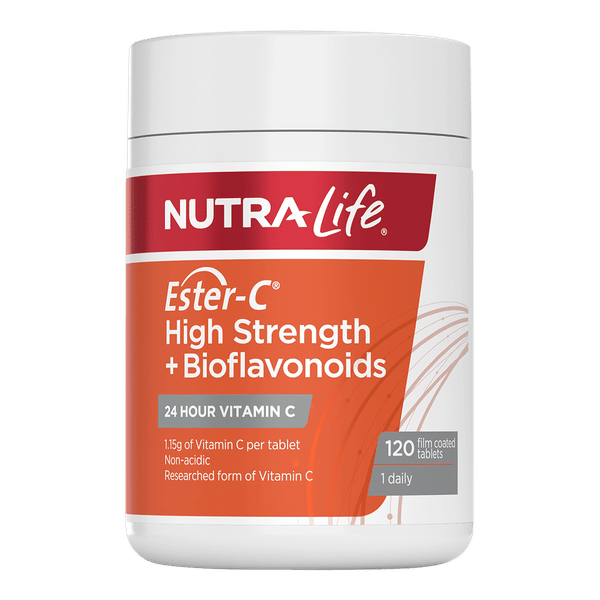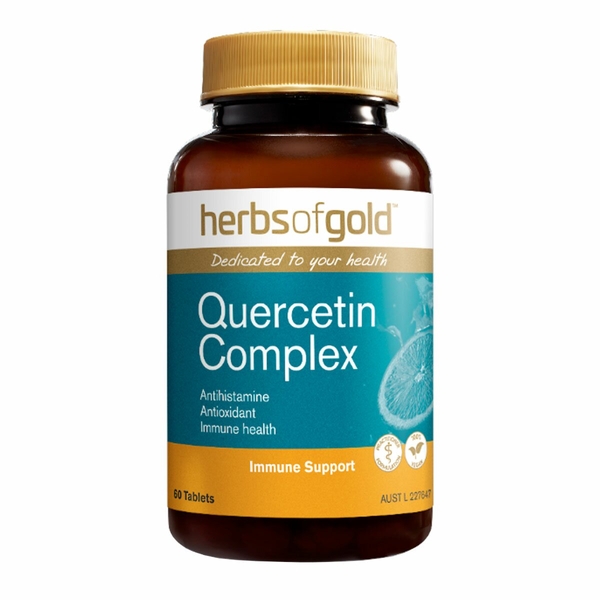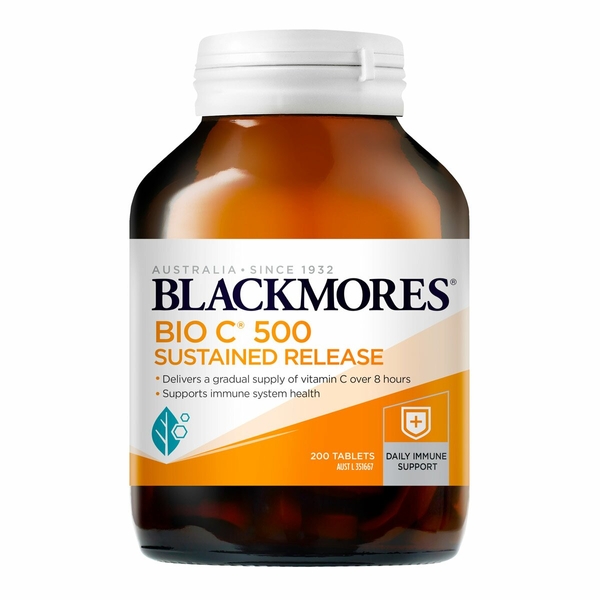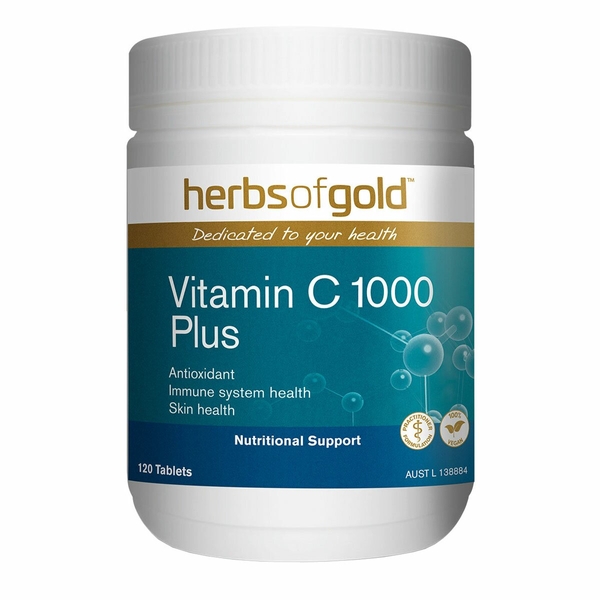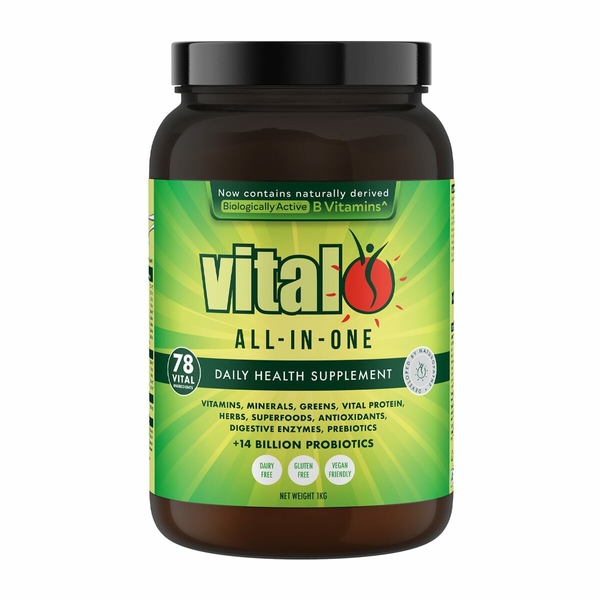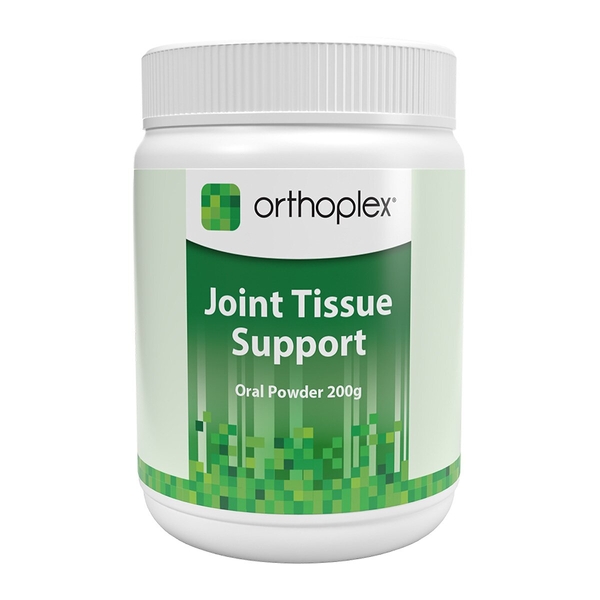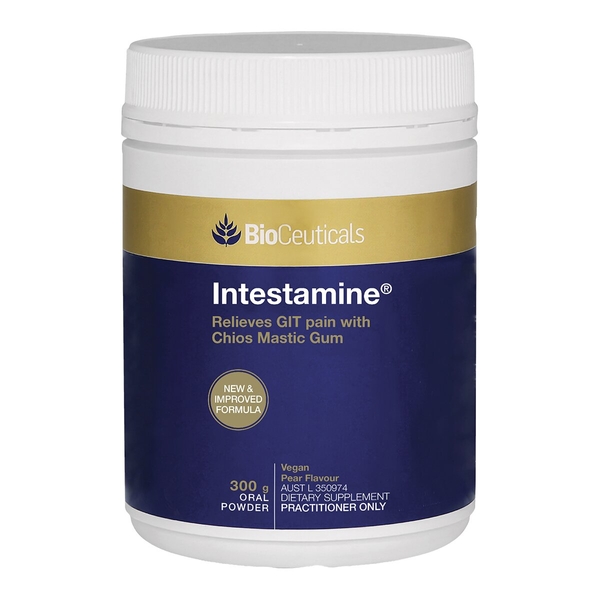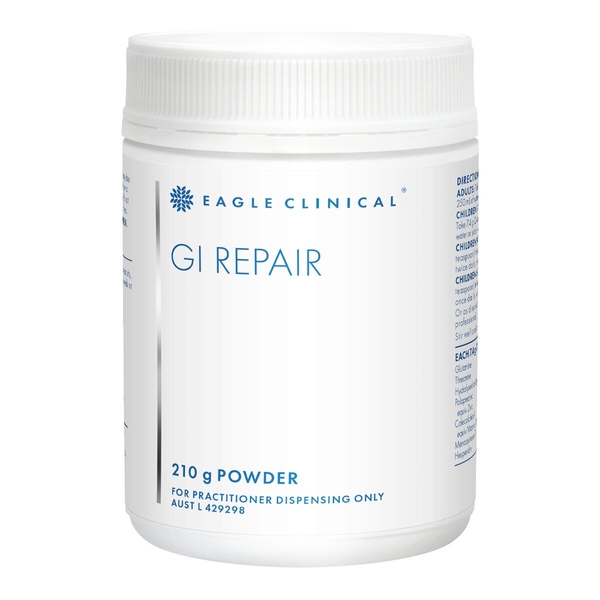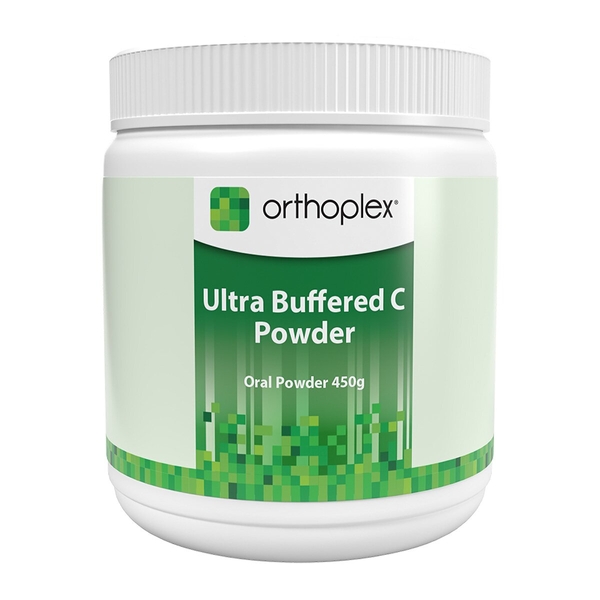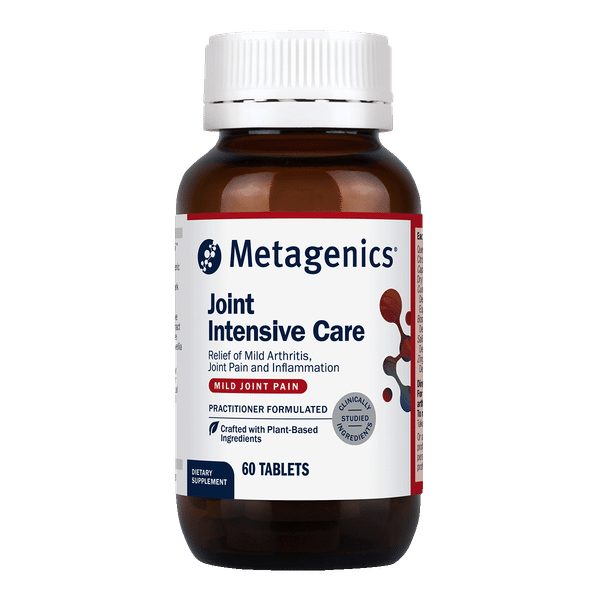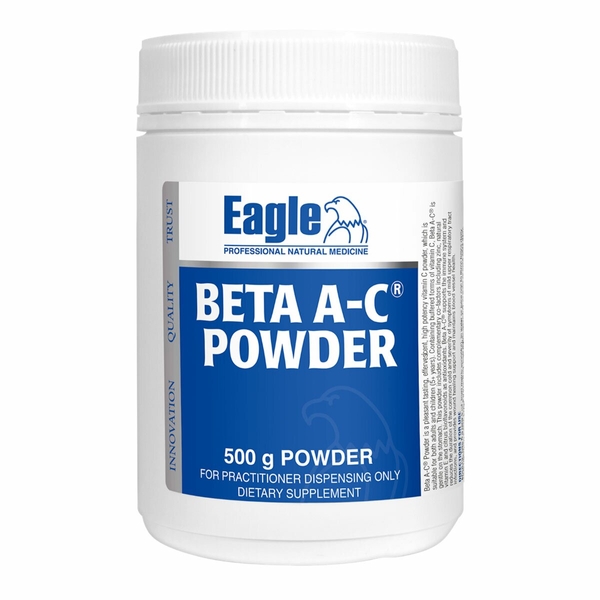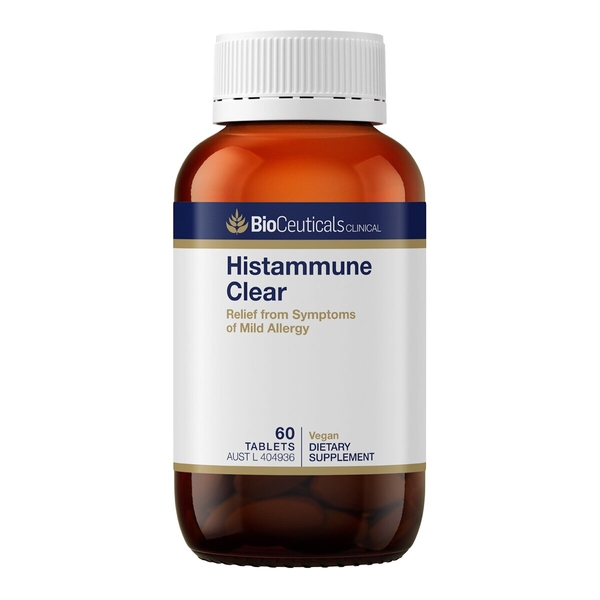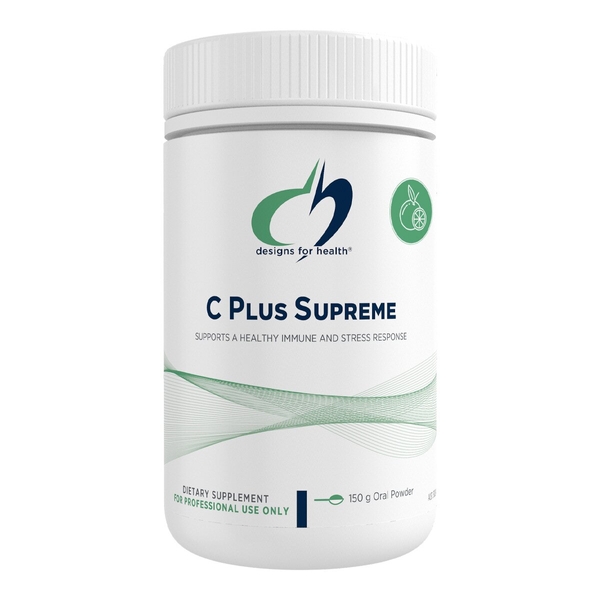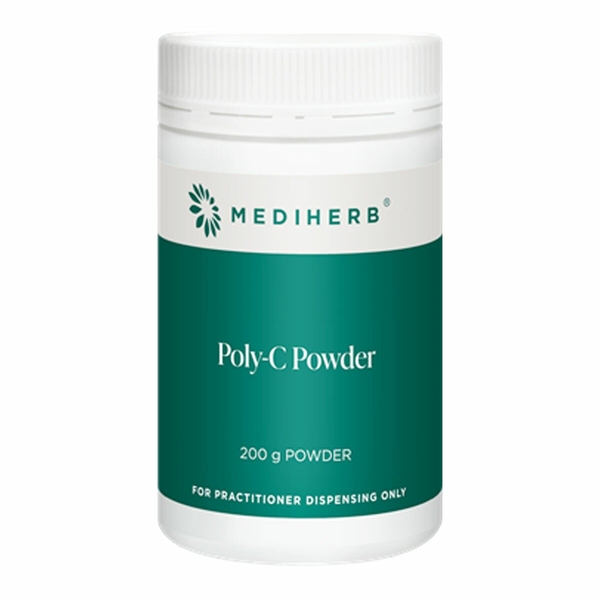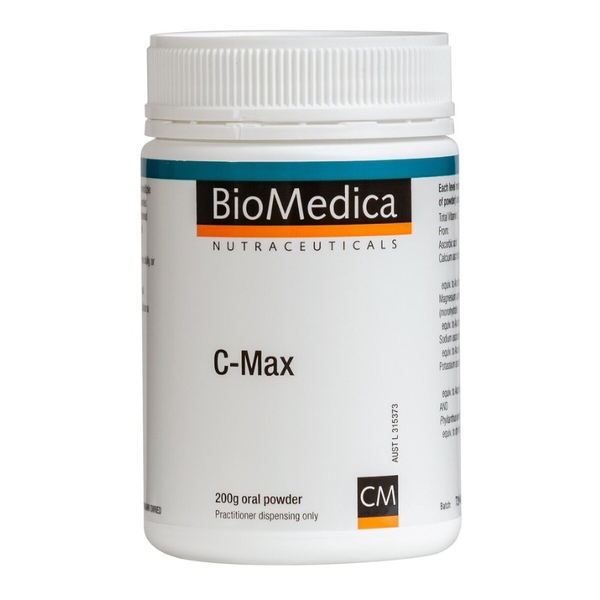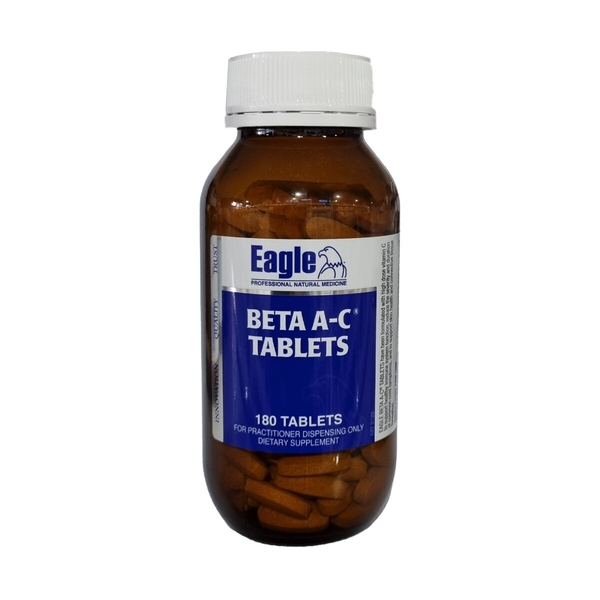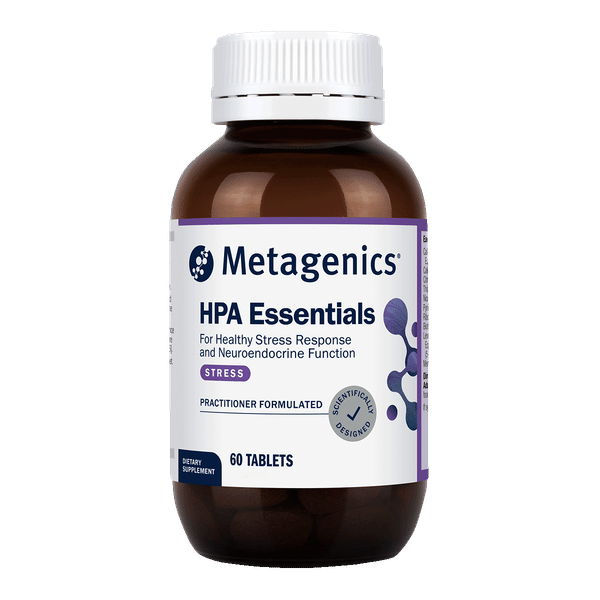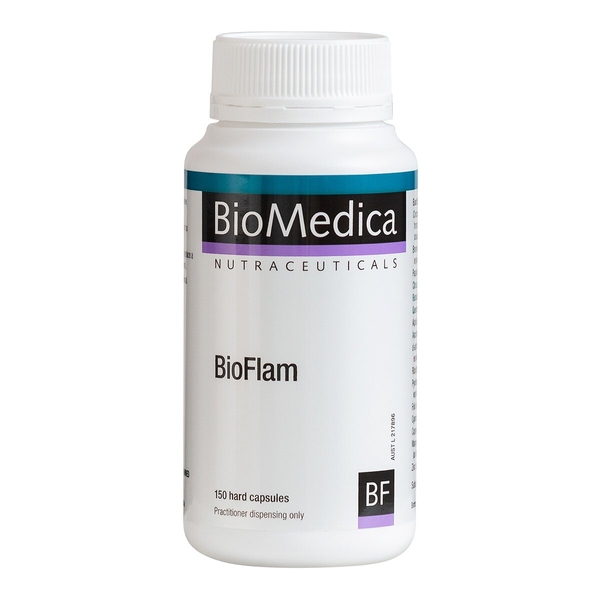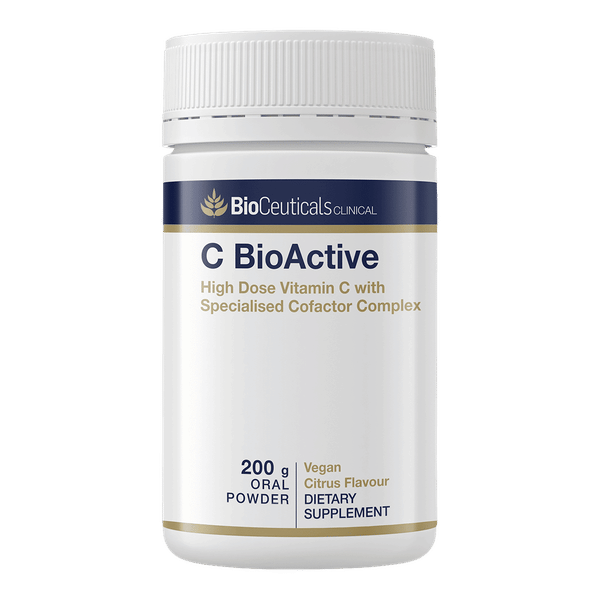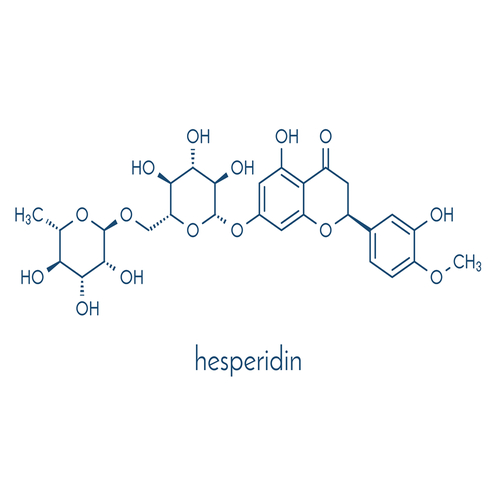
Background
Hesperidin might help blood vessels function better. It might also reduce swelling.
People use hesperidin for diabetes, high blood pressure, athletic performance, and many other conditions, but there is no scientific evidence to support any uses.
Safety Safety definitions
Special Precautions & Warnings:
Pregnancy and breast-feeding: Hesperidin is commonly consumed from citrus fruits. It is possibly safe to take hesperidin in larger doses with another plant chemical called diosmin when pregnant or breast-feeding.Bleeding disorder: Hesperidin might slow blood clotting and increase the risk of bleeding. Hesperidin might make bleeding disorders worse.
Surgery: Hesperidin might increase the risk of bleeding or cause extra sleepiness during and after surgical procedures. Stop taking hesperidin at least 2 weeks before a scheduled surgery.
Effectiveness
- High cholesterol. Taking hesperidin by mouth doesn't improve cholesterol levels.
- Obesity. Taking hesperidin by mouth doesn't reduce body weight.
Dosing & administration
Interactions with pharmaceuticals
Celiprolol (Celicard)
Interaction Rating=Moderate Be cautious with this combination.
Hesperidin may reduce how much celiprolol the body absorbs. This might decrease the effects of celiprolol.
Diltiazem (Cardizem, others)
Interaction Rating=Moderate Be cautious with this combination.
Hesperidin may reduce how much diltiazem the body absorbs. This might decrease the effects of diltiazem.
Medications for high blood pressure (Antihypertensive drugs)
Interaction Rating=Moderate Be cautious with this combination.
Hesperidin might lower blood pressure. Taking hesperidin along with medications that lower blood pressure might cause blood pressure to go too low. Monitor your blood pressure closely.
Medications moved by pumps in cells (P-glycoprotein substrates)
Interaction Rating=Moderate Be cautious with this combination.
Some medications are moved in and out of cells by pumps. Hesperidin might change how these pumps work and change how much medication stays in the body. In some cases, this might change the effects and side effects of a medication.
Medications that slow blood clotting (Anticoagulant / Antiplatelet drugs)
Interaction Rating=Moderate Be cautious with this combination.
Hesperidin might slow blood clotting. Taking hesperidin along with medications that also slow blood clotting might increase the risk of bruising and bleeding and others.
Sedative medications (CNS depressants)
Interaction Rating=Moderate Be cautious with this combination.
Hesperidin might cause sleepiness and slowed breathing. Some medications, called sedatives, can also cause sleepiness and slowed breathing. Taking hesperidin with sedative medications might cause breathing problems and/or too much sleepiness.
Verapamil (Calan, others)
Interaction Rating=Moderate Be cautious with this combination.
Hesperidin may increase how much verapamil the body absorbs. This might increase the effects and side effects of verapamil.
Interactions with herbs & supplements
Herbs and supplements that might slow blood clotting: Hesperidin might slow blood clotting and increase the risk of bleeding. Taking it with other supplements with similar effects might increase the risk of bleeding in some people. Examples of supplements with this effect include garlic, ginger, ginkgo, nattokinase, and Panax ginseng.
Herbs and supplements with sedative properties: Hesperidin might cause sleepiness and slowed breathing. Taking it along with other supplements with similar effects might cause too much sleepiness and/or slowed breathing in some people. Examples of supplements with this effect include hops, kava, L-tryptophan, melatonin, and valerian.
Interactions with foods
Products
View all products- Citrus bioflavonoids extract 500 mg
- Arthrospira platensis (Spirulina) 1 g
- Chlorella pyrenoidosa powder 333 mg
- Wheatgrass powder 333 mg
- Inulin (Dietary fibre) 800 mg
- Lactobacillus acidophilus 5 billion CFU
- Bifidobacterium bifidum 3 billion CFU
- Bifidobacterium lactis 5 billion CFU
- Bifidobacterium longum 1 billion CFU
- Cynara scolymus powder 500 mg
- Hordeum vulgare 200 mg
- Malus (Apple) 200 mg
- Brassica oleracea var. acephala (leaf & sprout) powder (Kale) 100 mg
- Ananas comosus (Pineapple) 240 mg
- Spinacia oleracea (Spinach) 67 mg
- Beta glucan 50 mg
- Resveratrol 10 mg
- Ananas comosus (Pineapple oil) 65 mg
- Linum usitatissimum (seed) (Flaxseed) 400 mg
- Oryza sativa (Rice bran) 500 mg
- Pea protein isolate 1 g
- R-alpha lipoic acid 67 mg
- Thiamine hydrochloride (Vitamin B1) 400 µg
- Niacinamide (Vitamin B3) 5.3 mg
- Pyridoxine hydrochloride (Vitamin B6) 567 µg
- Riboflavin (Vitamin B2) 434 µg
- Pantothenic acid (Vitamin B5) 1.7 mg
- Cyanocobalamin (Vitamin B12) 0.8 µg
- Ergocalciferol (Vitamin D) 3.8 µg
- Ascorbic acid (Vitamin C) 333 mg
- d-alpha-Tocopheryl acid succinate 100 mg
- Ubidecarenone (Coenzyme Q10) 8 mg
- Copper gluconate 225 µg
- Potassium phosphate dibasic 104 mg
- Folic acid 67 µg
- Biotin 10 µg
- Silica - colloidal anhydrous 14 mg
- Magnesium citrate 42 mg
- Zinc amino acid chelate 10 mg
- Chromium picolinate 10 µg
- Calcium citrate 132 mg
- Manganese amino acid chelate 1.4 mg
- Selenomethionine 30 µg
- Beta-carotene carotenoids (Vitamin A) 1.7 mg
- Citric acid anhydrous 150 mg
- Rosmarinus officinalis powder 68 mg
- Taraxacum officinale ext. 33 mg
- Vaccinium myrtillus powder 200 mg
- Glycyrrhiza glabra powder 67 mg
- Crataegus monogyna ext. 29 mg
- Astragalus membranaceus ext. 67 mg
- Vitis vinifera ext. 67 mg
- Camellia sinensis ext. 67 mg
- Ganoderma lucidum powder 21 mg
- Lentinula edodes powder 21 mg
- Aloe barbadensis ext. 500 mg
- Zingiber officinale powder 67 mg
- Eleutherococcus senticosus ext. 1 g
- Centella asiatica ext. 67 mg
- Withania somnifera ext. 67 mg
- Silybum marianum ext. 67 mg
- Arctium lappa ext. 21 mg
- Rosa canina powder 168 mg
- Lycium barbarum 33 mg
- Beta vulgaris (root) powder (Beetroot) 167 mg
- Daucus carota powder (Carrot) 83 mg
- Carica papaya (Papain) 250 mg
- Lecithin 725 mg
- Laminaria digitara (Kelp) 8 mg
- Natural vanilla flavour
- Natural pineapple flavour
- Thaumatin
- Stevia rebaubiana
- Luo Han Guo (fruit) ext. (Monk fruit)
- Xanthan gum
- Brassica oleracea var. italica powder 150 mg
- Malpighia glabra ext. 267 mg
- Theobroma cacao powder 100 mg
- Citrus bioflavonoids extract 396 mg
- Sodium chondroitin sulphate (bovine) 120 mg equiv. chondroitin sulphate 108 mg
- L-leucine 240 mg
- L-valine 240 mg
- L-glycine 1.75 g
- Glucosamine hydrochloride 600 mg equiv. glucosamine 498 mg
- Glucosamine sulphate potassium chloride 600 mg equiv. potassium 155 mg equiv. glucosamine 354.7 mg
- Lysine hydrochloride 720 mg
- Creatine monohydrate 600 mg
- Ascorbic acid (Vitamin C) 600 mg
- Calcium pantothenate (Vitamin B5) 36 mg equiv. pantothenic acid 33 mg
- Zinc amino acid chelate 30 mg equiv. zinc 6 mg
- Copper gluconate 4.6 mg equiv. copper 600 µg
- Selenomethionine 130 µg equiv. selenium 52.2 µg
- Borax 19.4 mg equiv. boron 2.23 mg
- Citrus bioflavonoids extract 100 mg
- Total Vitamin C 2.5 g
- Magnesium ascorbate monohydrate 100 mg equiv. magnesium 88.7 mg
- Sodium ascorbate (Vitamin C) 500 mg equiv. ascorbic acid 442 mg
- Calcium ascorbate dihydrate (Vitamin C) 500 mg equiv. ascorbic acid 411 mg
- Ascorbic acid (Vitamin C) 1.56 g
- Beta-carotene carotenoids (Vitamin A) 4 mg
- d-alpha-Tocopheryl acid succinate (Vitamin E) 68 mg equiv. vitamin E 82.3 IU equiv. d-alpha-tocopherol 55.1 mg
- Zinc citrate dihydrate 20 mg equiv. zinc 6.44 mg
- Rutin (Rutoside) 100 mg
- Alpha lipoic acid 50 mg
- Citrus bioflavonoids extract 100 mg
- Citrus bioflavonoids extract 100 mg
- d-alpha-Tocopheryl acetate 73.5 mg equiv. vitamin E 100 IU
- Total Vitamin C 2.5 g
- Ascorbic acid (Vitamin C) 1.82 g
- Calcium ascorbate dihydrate (Vitamin C) 221 mg equiv. ascorbic acid 181.6 mg
- Sodium ascorbate (Vitamin C) 563 mg equiv. ascorbic acid 498 mg
- Rutin (Rutoside) 100 mg
- Zinc amino acid chelate 25 mg equiv. zinc 5 mg
- Beta-carotene carotenoids (Vitamin A) 4 mg
- Citrus bioflavonoids extract 100 mg
- Citrus bioflavonoids extract 50 mg
- Ascorbic Acid (Vitamin C) 1.25 g
- Calcium ascorbate dihydrate (Vitamin C) 680.85 mg equiv. ascorbic acid 562.5 mg
- Magnesium ascorbate monohydrate (Vitamin C) 139.3 mg equiv. ascorbic acid 125 mg
- Ascorbyl palmitate (Vitamin C) 100 mg equiv. ascorbic acid 42.5 mg
- Quercetin dihydrate 25 mg
- Phyllanthus emblica ext. 125 mg
- Bixa orellana ext. 166.65 mg
- Rutin (Rutoside) 100 mg
- Citrus bioflavonoids extract 96 mg
- Citrus bioflavonoids extract 96 mg
- Total Vitamin C 2.4 g
- Ascorbic acid (Vitamin C) 1.77 g
- Sodium ascorbate (Vitamin C) 300 mg equiv. ascorbic acid 265.2 mg
- Calcium ascorbate dihydrate (Vitamin C) 280 mg equiv. ascorbic acid 230 mg
- Magnesium ascorbate monohydrate (Vitamin C) 80 mg equiv. ascorbic acid 68 mg
- Zinc ascorbate monohydrate (Vitamin C) 80 mg equiv. ascorbic acid 65 mg
- Reynoutria japonica ext. 30 mg
- Rutin (Rutoside) 96 mg
- Quercetin 48 mg
- R,S-alpha lipoic acid 50 mg
- Citrus bioflavonoids extract 70 mg
- Total Vitamin C 1.73 g
- Calcium ascorbate dihydrate (Vitamin C) 309.4 mg equiv. ascorbic acid 255.6 mg equiv. calcium 29.08 mg
- Ascorbic acid (Vitamin C) 1.085 g
- Magnesium ascorbate monohydrate (Vitamin C) 144.38 mg equiv. ascorbic acid 129.5 mg equiv. magnesium 8.96 mg
- Sodium ascorbate (Vitamin C) 187.3 mg equiv. ascorbic acid 165.6 mg equiv. sodium 21.73 mg
- Potassium ascorbate dihydrate (Vitamin C) 135.03 mg equiv. ascorbic acid 94.5 mg
- Phyllanthus emblica ext. 16.8 mg
- d-alpha-Tocopheryl acetate 41.23 mg equiv. vitamin E 56 IU
- Rutin (Rutoside) 42 mg
- Beta-carotene carotenoids (Vitamin A) 1.26 mg
- Magnesium phosphate 70 mg equiv. magnesium 14.46 mg equiv. phosphorus 12.29 mg
- Calcium phosphate 70 mg equiv. calcium 27.13 mg equiv. phosphorus 12.95 mg
- Zinc citrate dihydrate 10.89 mg equiv. zinc 3.5 mg
- Glycine 525 mg
- Citrus bioflavonoids extract 50 mg
- Total Vitamin C 800 mg
- Ascorbic acid (Vitamin C) 589 mg
- Sodium ascorbate (Vitamin C) 146 mg equiv. ascorbic acid 127 mg
- Calcium ascorbate dihydrate (Vitamin C) 104 mg equiv. ascorbic acid 84 mg
- Dunaliella salina ext. 7 mg
- d-alpha-Tocopheryl acid succinate 41.38 mg equiv. vitamin E 50 IU
- Rutin (Rutoside) 150 mg
- Zinc amino acid chelate 10 mg equiv. zinc 2 mg
- Citrus bioflavonoids extract 50 mg
- Pyridoxal 5-phosphate monohydrate (P5P) 50 mg equiv. pyridoxine 32.5 mg
- Levomefolate calcium (Activated folate) 217 μg equiv. levomefolic acid 200 μg
- Co-methylcobalamin (Vitamin B12) 200 μg
- Calcium ascorbate dihydrate (Vitamin C) 545 mg equiv. ascorbic acid 450 mg
- Calcium pantothenate (Vitamin B5) 300 mg
- Thiamine hydrochloride (Vitamin B1) 50 mg
- Nicotinamide (Vitamin B3) 50 mg
- Riboflavin 5-phosphate sodium (Activated B2) 20 mg
- Biotin 500 μg
- Citrus bioflavonoids extract 50 mg
- Curcuma longa ext. 23.08 mg
- Ascorbic acid (Vitamin C) 40 mg
- Copper gluconate 1.79 mg equiv. copper 250 μg
- Quercetin dihydrate 100 mg
- Ananas comosus (Bromelain) 100 mg
- Carica papaya (Papain) 20 mg
- Rutin (Rutoside) 50 mg
- d-alpha-Tocopheryl acid succinate 20.66 mg equiv. vitamin E 25 IU
- R,S-alpha lipoic acid 20 mg
- Manganese amino acid chelate 5 mg equiv. manganese 500 μg
- Zinc amino acid chelate 10 mg equiv. zinc 2 mg
- Cyanocobalamin (Vitamin B12) 100 μg
- Folic acid 160 μg
- Pyridoxine hydrochloride (Vitamin B6) 15 mg equiv. pyridoxine 12.34 mg
- Riboflavin (Vitamin B2) 50 mg

